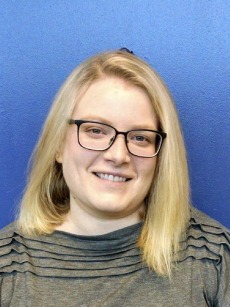
Victoria N Meyer is an Associate Professor of Practice and Associate Director of the Interdisciplinary Studies Program. She completed her undergraduate studies at the University of Arizona before earning her Ph.D. in history from the University of Virginia. Her research and teaching interests fall under the umbrella of the history of the body. The history of the body includes the myriad of ways that ideas about the human form influence beliefs and practices in past societies and vice versa. The human body plays a clear role in the histories of medicine and public health, race, gender, and sexuality. Religious beliefs and practices were also significant influences intersecting with views of the body, from how to treat disease to stigmata to perceptions of witches. Her research focuses on the early modern world and modern Europe, with a particular focus on the long eighteenth century. She works to support all students on their academic journey and has extensive experience supporting non-traditional, remote, and first-generation students.

